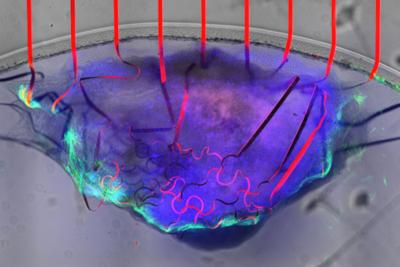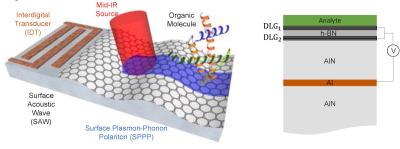Researchers use graphene oxide to develop devices that could advance future cellular therapy for multiple sclerosis patients
A team from the National Hospital for Paraplegics (SESCAM), in collaboration with the Materials Science Institute of Madrid (ICMM-CSIC), has shown how new cell culture devices based on graphene oxide maintain the anti-inflammatory function of myeloid suppressor cells (MDSCs) once isolated from the donor's body. This function could be crucial for advancing cellular therapy beneficial to people with multiple sclerosis.
"To exert their inflammation-controlling function in diseases such as multiple sclerosis, myeloid suppressor cells must maintain a very immature state. However, when extracted from the bone marrow and cultured in the laboratory, they begin to mature, losing their immunosuppressive activity, rendering them unsuitable for potential cellular therapy for patients with this type of neurodegenerative disease," explains Diego Clemente, a researcher at the National Hospital for Paraplegics and one of the lead authors of the study.





